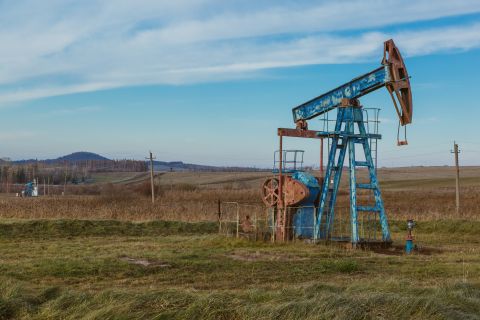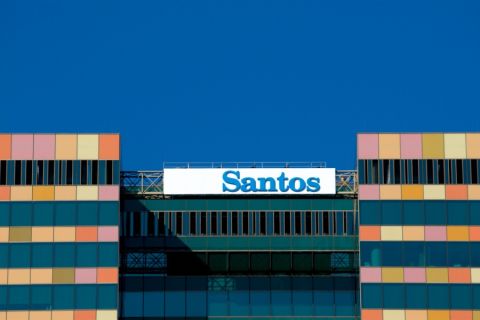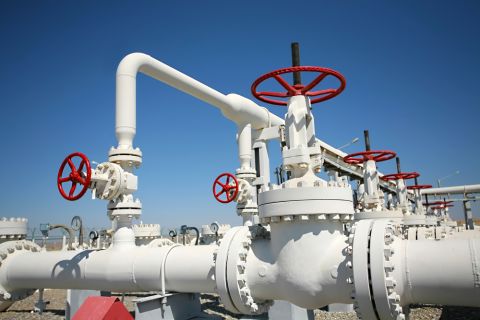Petroleum dealers have flagged a surge in the smuggling of Iranian fuel to Pakistan, saying that up to 35% of diesel sold in the South Asian country has arrived illegally from Iran, the Pakistan Petroleum Dealers Association (PPDA) told Reuters on May 9.
The association said that in the past, the smuggling of fuel was limited to the Pakistani province of Balochistan, but that it has now spread to the rest of the country.
In April, Pakistan's energy ministry asked security forces to clamp down on fuel smuggling from Iran, according to an official memo seen by Reuters. The memo said diesel sales have slumped “more than 40%" due to smuggled products.
Pakistan mostly meets its demand for fuel from the Middle East, but it is also smuggled in through its western border with Iran.
The minister of state for petroleum was not immediately available for comment.
The country is facing an acute balance of payment crisis with barely enough foreign exchange reserves to cover a month’s imports. Pakistan is undertaking several measures, including raising fuel prices, to unlock a $1.1 billion tranche of aid from the International Monetary Fund.
Fuel prices have jumped 143 rupees ($0.5046), or nearly 100%, in the last 12 months. Inflation stands at a record high of 36.4% for April, significantly diminishing purchasing power for individuals and companies.
The country’s oil product sales have dropped 46% to 8.8 million barrels in April compared to last year, according to the Oil Companies Advisory Council in Pakistan. A breakdown shows diesel sales have slumped 50% year on year. This excludes smuggled fuel.
According to an S&P Global Commodity Insights report, Iranian fuel is around 53 rupees cheaper than the official retail price per liter.
“Private dealers have been able to make decent profits by selling Iranian diesel rupees 35 ($0.1235)/liter cheaper than local dealers,” it added.
The energy ministry said that according to the Oil & Gas Regulatory Authority (OGRA), around 4,000 tonnes per day of fuel smuggled into Pakistan was causing a total revenue loss of around 10.2 billion rupees a month.
The PPDA said that Iranian fuel smuggled into Pakistan was further hurting the industry, already reeling from low sales.
“I think they're [government] allowing Iranian oil to be smuggled into the country because there's an FX shortage,” Abdul Sami Khan, chairman PPDA told Reuters.
“In the past smuggled fuel was restricted to just Balochistan, but it has now spread all over,” Khan said.
Due to Iranian fuel being significantly cheaper than domestic fuel, refineries are having trouble with stock uptake.
The energy ministry said there was a threat of supply insecurity for products other than diesel as refineries are operating at between 50-70% of capacity.
($1 = 283.4000 Pakistani rupees)
Recommended Reading
Brett: Oil M&A Outlook is Strong, Even With Bifurcation in Valuations
2024-04-18 - Valuations across major basins are experiencing a very divergent bifurcation as value rushes back toward high-quality undeveloped properties.
Marketed: BKV Chelsea 214 Well Package in Marcellus Shale
2024-04-18 - BKV Chelsea has retained EnergyNet for the sale of a 214 non-operated well package in Bradford, Lycoming, Sullivan, Susquehanna, Tioga and Wyoming counties, Pennsylvania.
Defeating the ‘Four Horseman’ of Flow Assurance
2024-04-18 - Service companies combine processes and techniques to mitigate the impact of paraffin, asphaltenes, hydrates and scale on production — and keep the cash flowing.
Santos’ Pikka Phase 1 in Alaska to Deliver First Oil by 2026
2024-04-18 - Australia's Santos expects first oil to flow from the 80,000 bbl/d Pikka Phase 1 project in Alaska by 2026, diversifying Santos' portfolio and reducing geographic concentration risk.
Ozark Gas Transmission’s Pipeline Supply Access Project in Service
2024-04-18 - Black Bear Transmission’s subsidiary Ozark Gas Transmission placed its supply access project in service on April 8, providing increased gas supply reliability for Ozark shippers.




